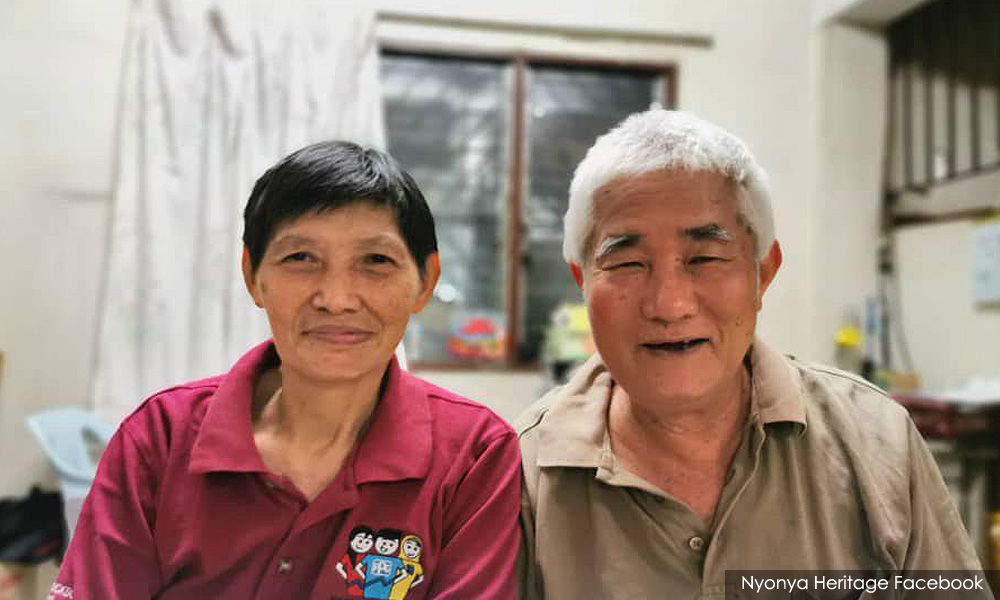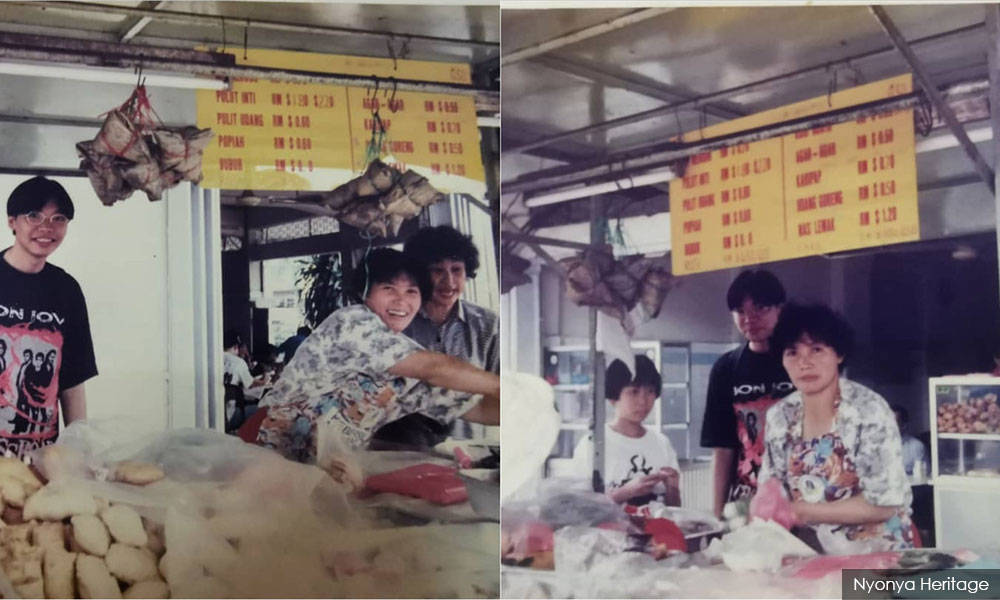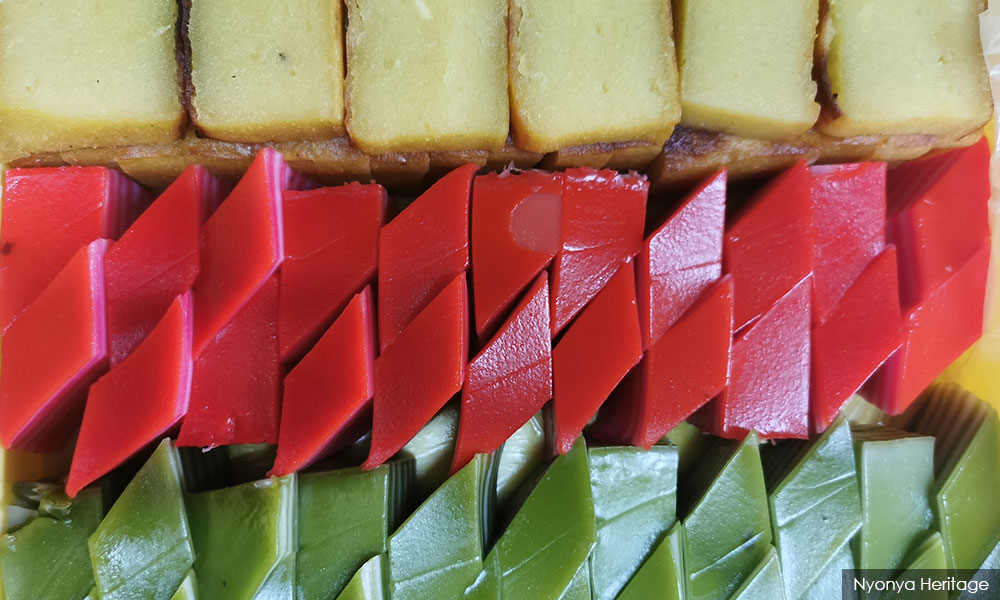Leaving the IT world to preserve art of nyonya kuih-making
An experienced IT professional who once owned a company in the industry has taken a sweet 180-degree turn in his career.
John Woo used to spend his days on the latest technology, but today his life is encompassed by the century-old traditions of nyonya kuih-making.
Three years ago, Woo, 40, decided to quit the IT industry to join hands with his parents and continue the family business - a nyonya kuih stall which has operated in Brickfields, Kuala Lumpur since 1978.
For four decades, his parents started their day at 3.30am to prepare the kuih until 11am before setting up their stall where they would sell the delicacies until 6.30pm in the evening.
Now in their 60s, Woo said he realised that without his help, Wong Seng Mun and Sam Yuk Lan may have to soon wind down their business, Nyonya Heritage.
“They didn’t exactly say come back and help them in their business but I could see they faced physical constraints in operating it.
“In the end, I felt I should come back and help them, and maybe try out something new,” he told Malaysiakini.

For Woo, keeping his parents’ business alive was not just to continue the family business but also a way to preserve a culture at its “dying edge”.
“My parents inherited their kuih-making skills from the Baba Nyonya kuih masters and they have perfected these skills over 43 years.
“We are lucky that it is still running and I want to maintain these nyonya kuih recipes.
“The culture is at its dying edge, all I want is to keep this going,” he added.
Before he joined the business, his parents’ shared their heritage through the food they sold to customers in Brickfields.
These days, with their son's help, Nyonya Heritage delicacies are available through food delivery services like Grabfood and Food Panda while the traditions are captured and shared through the business’ social media page.
The strategy has managed to not only grow his parents’ business but also helped sustain them through the various movement control orders, he said.

Passing on the baton
With a wider following, Woo hoped to use the new platforms to share the skills and recipes his parents inherited from the master kuih-makers with a new generation of Malaysians.
In this way, he said, the taste of nyonya kuih, authentic recipes and artisanship will continue beyond the generation of his parents' and their mostly elderly clientele.
“My parents have the original recipes and I want to pass them on to the future generations.
“A lot of our regulars are too old to come to our shop. At least their children now come to buy from us but eventually, they, too, will forget.
“This is why I need to teach other people the ways of the nyonya kuih culture,” he added.
Woo believed this is the key to maintaining the Baba Nyonya culture - a hybrid of Malay and Chinese cultures which he felt served as a bridge between the two communities.
“The community is getting smaller and there are only so many things I can do to preserve this,” he added.
Although there were many establishments large and small selling some form of nyonya kuih, Woo felt that the authentic taste is disappearing.
“People are starting to forget how these kuih are meant to taste. I did a survey before and I got people to taste commercial store-bought kuih and our nyonya kuih.
“They preferred the commercial ones because they’re extra sweet. I think people don't know what nyonya kuih are supposed to taste like,” he lamented.
More than just a business
Despite dedicating their lives to the art of nyonya kuih-making, his parents are occasionally sceptical of their son's dreams.
“They will ask me: All these things you’re doing, is it going to make you any money?”
“But that’s just typical Asian parenting, so I just carry on and let them think what they want,” he quipped.
His parents’ scepticism has somewhat been allayed as the new technology and strategies Woo implemented have begun to bear fruit.
Today, he said, the business is sustainable with many regular orders even during the lockdown periods.
But commercial success is just one measure.
“I treasure this culture, I don’t view it as a commercial entity. This means more than just a business,” he said. - Mkini
✍ Credit given to the original owner of this post : ☕ Malaysians Must Know the TRUTH
🌐 Hit This Link To Find Out More On Their Articles...🏄🏻♀️ Enjoy Surfing!





















Post a Comment